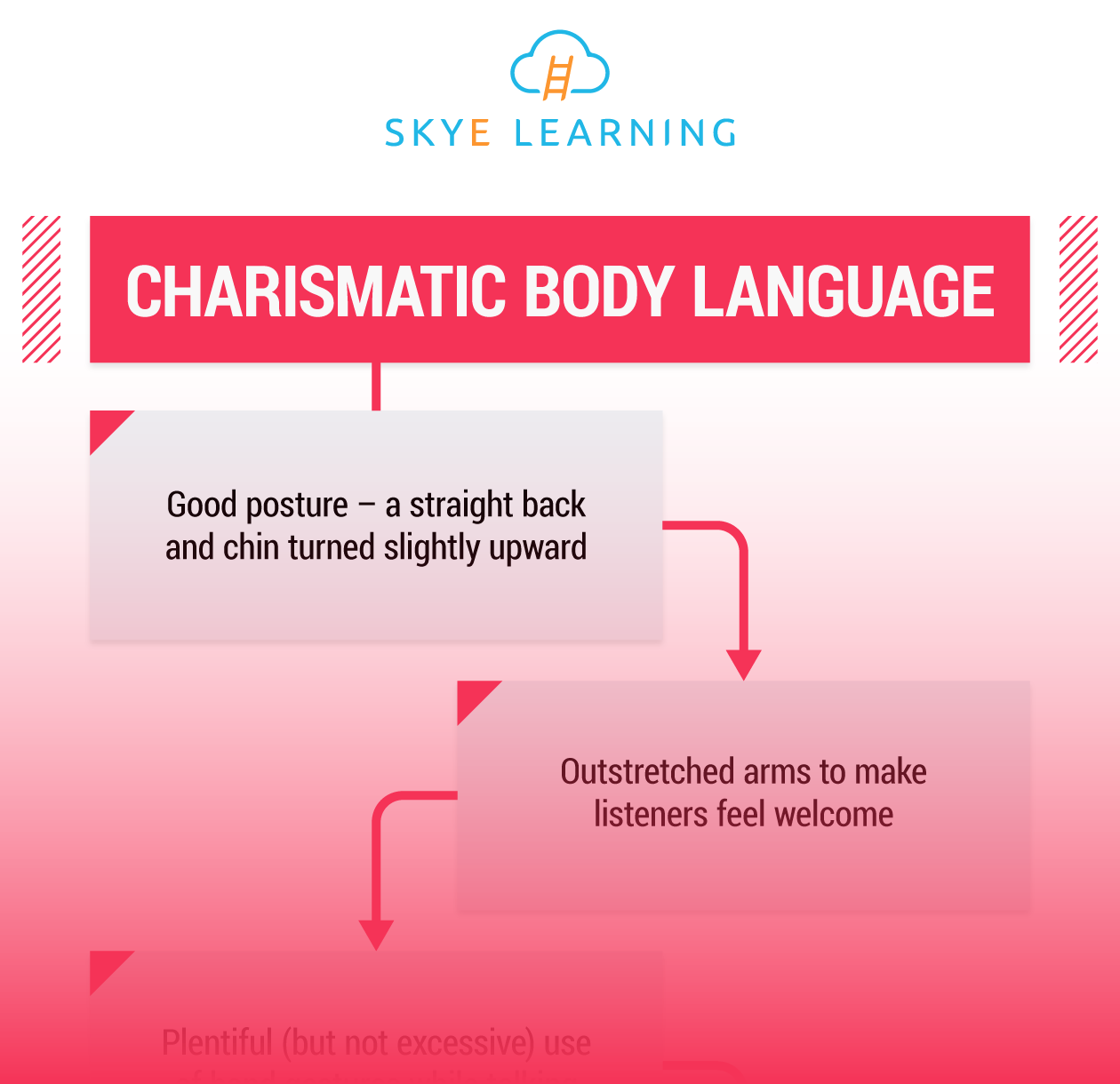Today’s tight job market has had a positive effect on workers’ pay: according to the U.S. Bureau of Labor Statistics, average wages increased by 4.2% in 2021 and by 5.1% in 2022. Now, more than ever, people are aware of what their skills and time are worth, and they are not afraid to ask for what they consider to be fair compensation. If they feel disrespected or unappreciated in their current workplace due to salary differences, they will likely go elsewhere. That’s why it is so important for companies to be aware of the salary ranges and benefits offered by competitors and other businesses, to ensure external equity in the workplace.
Three Leadership Theories
The early approaches to studying leadership focused on identifying patterns of leadership behavior that resulted in superior performance. Such behavioral studies placed leaders' behaviors on a spectrum ranging from job-centered to employee-centered behavior.
In job-centered leader behavior, a leader focuses on the actual work of subordinates (e.g., explaining specific tasks and monitoring output), and her primary concern is the subordinates' performance. On the other end of the spectrum, employee-centered leader behavior seeks to elicit superior performance from subordinates by focusing primarily on the human aspects of the group (e.g., motivation, job satisfaction) rather than the subordinates' tasks.
Subject Matter Expert Spotlight: Ann Connolly
This week, Skye Learning is spotlighting Ann Connolly, a retired management consultant with a specialty in business strategy. Connolly is a subject matter expert for the Certificate in Leadership for Women in Business. Throughout this certificate, she discusses networking, communication, management, negotiation, and other leadership skills, especially as they relate to women.
Connolly has more than 30 years of experience within the financial services industry. During her career, she specialized in retirement, asset management, banking, and insurance.
Tips for Charismatic Body Language
A leader's loud, energetic communication style may be deemed charismatic by one group of workers, while another group might find that leader's approach to be over-the-top. For women business leaders, charisma is even more difficult to define and assess, and it can often be mislabeled based on stereotypes. Women who show charisma by being gregarious and expressive might be categorized as "chatty" or "emotional," while a calmer and more nurturing woman leader might be criticized for being too "motherly." Leadership charisma is a complicated concept with no single set of guidelines. But, the majority of workers would agree that a charismatic leader, regardless of gender, commands the room.
Subject Matter Expert Spotlight: Cindy Hale
Cindy Hale is a transformational leader in the healthcare industry. She is Vice President of Strategic Marketing and Engagement at Walden Behavioral Care (WBC), a mental health system with 15 hospitals and clinics. Prior to her role at WBC, she held numerous senior-level positions in marketing at organizations like KHJ Brand Activation and Boston Children’s Hospital.
Skye Learning is excited to feature Cindy Hale in its Certificate in Leadership for Women in Business. The courses within this certificate investigate body language, communication, leadership, management, negotiation, networking, mentorship, and work-life balance through a women-centric lens.
Subject Matter Expert Spotlight: Jo Budzilowicz
Jo Budzilowicz is Vice President of Development at The Documentary Group (TDG) in New York City, where she oversees all projects in development, supports the company’s high-level strategy, and establishes creative partnerships. She also appears as a subject matter expert in Skye Learning’s new Certificate in Leadership for Women in Business.
Budzilowicz has a wide range of experience within the film industry, from production to post-production to development. Prior to her work at TDG, she contributed to projects like the feature film Foreign Letters and the TV documentary special Saturday Night Live in the 2000s: Time and Again. Today, she oversees the development of premium documentaries for PBS, CNN, Netflix, Quibi, and more.
New Manager Challenges for Women in Business
New managers should expect a learning-curve when transitioning into a leadership position for the first time. The process of adapting to new responsibilities, goals, and challenges takes persistence and determination, along with support from our peers, mentors, and superiors.
Moving From Peer to Boss
Moving from peer to boss can be challenging because you will need to establish a new relationship with friends who were peers and draw upon the boundaries of that new relationship when making decisions.
Why Do Women Have Fewer Mentors
Women are increasingly claiming power in the workplace—but they still aren’t being mentored at the same rate as men. In fact, studies show that women are 54 percent less likely than men to have mentors.
There are two key reasons for this:
1. Men Are Hesitant to Mentor WomenIn many industries, there are still more senior-level men than senior-level women. Unfortunately, 60 percent of male managers report discomfort over mentoring young women, afraid their motives will be questioned—especially in the age of #MeToo and Time’s Up. In fact, this hesitancy has risen 33 percent in the last year.
The Double Bind: A Leadership Challenge for Women in Business
Working women are often confronted with double binds caused by gender stereotypes and norms about gender roles, which can hinder women in business from successfully occupying positions of authority. A double bind is a situation in which a person making a decision receives conflicting messages that make it the case that no matter what the person does, they'll be doing something that will be thought of as wrong. The contradictory nature of these situations is not always immediately apparent, so other people may not see the dilemma caused by the double bind. Also, for a dilemma to truly be a double bind, the person making the decision must not have the ability to control the undesirable consequences that each option presents.
Should Women Speakers Worry About Sounding “Shrill”?
When a woman leader stands at the podium to speak, why does the spotlight often seem to flash red and blue? Women’s voices have been policed since the beginning of time. Women speakers are frequently criticized for sounding “shrill,” saying “like” or “just” too often, using uptalk (raising one’s pitch at the end of a sentence), and more. Sometimes, listeners appear to judge the delivery of a woman’s speech at the expense of the message.






.jpg)

.jpg)






